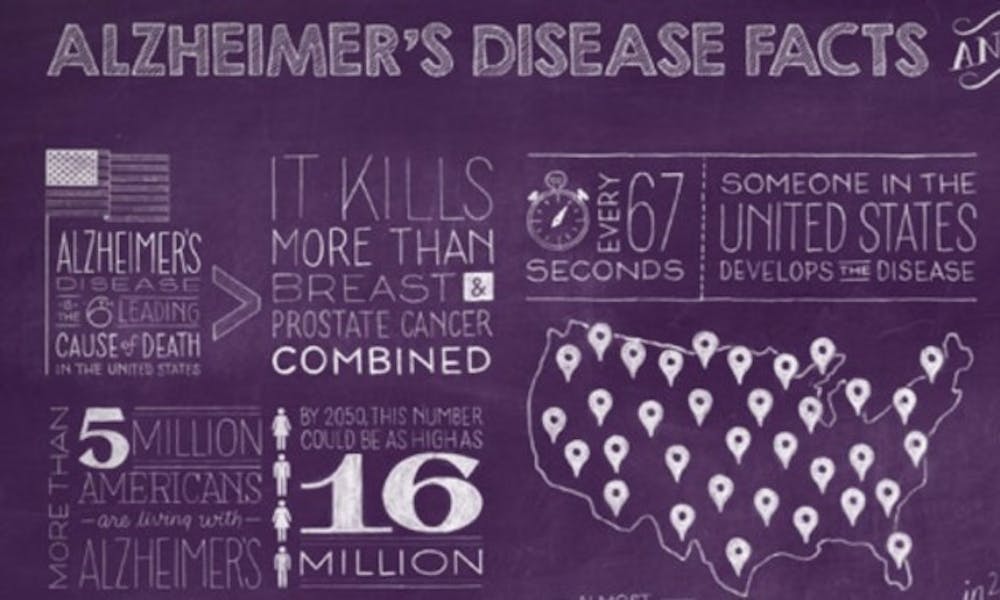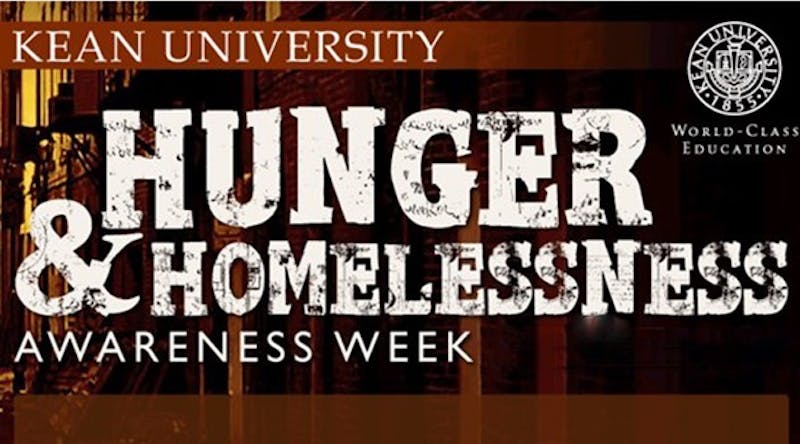Join LambdaTheta Phi on November 30, 2015, as they raise awareness for the Alzheimer’s disease
Photo courtesy of Lambda Theta Phi
With November being Alzheimer’s Disease Awareness Month and Monday, November 30, being the first day of Founder’s Week for Lambda
Furthermore, Lambda
“Well, the reason as to why I decided to have this passive program was because my grandmother is suffering from the first stages of Alzheimer's disease,” said Journett. “Although she is taking medications, this is an irreversible disease and medications will only slow down the degeneration process.”
Alzheimer’s is predominantly more likely to occur on a person as their age advances but everyone in the world could be effected by it, irrespective of age. While it is extremely unlikely for a college-aged adult to be diagnosed with it, that doesn’t stop Alzheimer’s from having an impact on students at Kean University as it is for Journett. The Lambda
“We essentially can't say that it won't affect anyone in our age group,” said Journett. “Put this scenario into perspective: God forbid your grandmother, grandfather, aunt, uncle, father or mother wakes up one day and doesn't remember that you're a loved one, nor recognize[s] who you are? How would you feel?”
The fraternity will be handing out pamphlets detailing general knowledge on Alzheimer’s, something Journett feels is important. “It is important to have a general understanding as to what it is, how it effects the brain, how it could potentially affect you and as a general saying, "knowledge is power," as cliché as it sounds, you can never stop learning,” said Journett. “No matter what age you are or the time period a disease will trigger or activate itself, at the end of the day a disease is a disease and everyone should be aware of it and information on the topic could only benefit everyone.”
Alzheimer’s is a brutal disease for all parties involved, the diagnosed and their loved ones. The thought of a loved one forgetting who the people that surround them and love them most is a tragic, harrowing thought. As Journett mentioned, it’s an irreversible disease; there’s no remedy for it. But doctors have improved in prevention and early recognition. The pamphlets handed out by Lambda






